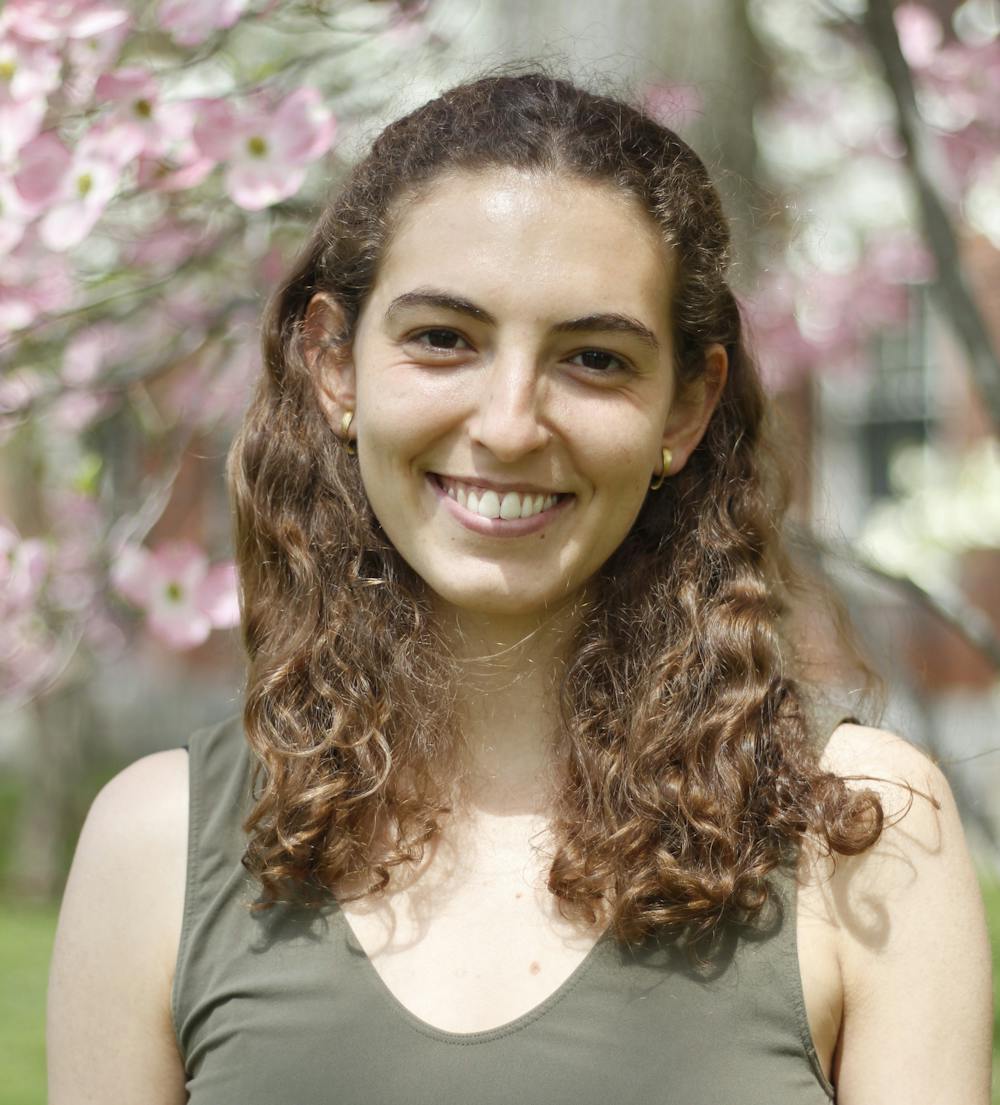This winter break was my last time home as a college student and my first time holding an American phone number in Spain. More than needing to be available to my classmates on College Hill, my 401 number signified a transition that would have seemed insurmountable to my first-year self.
Three years prior, the day before my first reading period, my first-year seminar professor brought his wife's homemade scones to class and asked me what path I wanted to take during my time at Brown. I nibbled on a scone, my mind set on going home for Christmas, and said I wasn't exactly sure. He advised me to read a lot, and to learn to read well. So, with unironic diligence, I checked the “Odyssey” out of the Rock and read it over winter break.
But honing academic literacy — learning to master the “Odyssey,” say — is only one part of adapting to Brown. Interpersonal literacy is a form of reading in its own right: reading and understanding each other, and the customs and contexts that shape us. This process of learning to “read the room” is a universal one among incoming first-years, but a uniquely challenging one for international students.
The process of transitioning from Terrassa, Catalonia to Brown (and, more broadly, to the States) has meant gradually improving my ability to read the cultures I'm in. I wish my first-year self could understand that that process doesn't really end.
I’ll start where the process began.
As a distraction from homesickness, other international students and I gleefully bemoaned the Fahrenheit scale and the horror of not being able to drink good beer for another three years. They identified with me as I explained that, when my editor at The Brown Daily Herald asked me to cover a panhandling bill for my first story, I had to ask her what “bill” and “ACLU” meant. Gradually, those things stopped tripping me up.
Adapting to Brown comes with its own particular set of stumbling blocks for each student. To a large extent, joining The Herald helped me understand this because it taught me to read other students' experiences at Brown. Unfortunately, I learned how to do so most acutely while covering student life during the pandemic.
On the night of March 12, 2020, The Herald's staff convened for the last time at our former office at 195 Angell St., putting together a paper whose front page read “University Suspends Classes” across five columns and joking about being foreign correspondents back in our home communities. As we vowed to publish enough to keep The Herald “daily,” I worried about which stories would fall through the cracks in the effort to do so.
The pandemic shone a light on preexisting disparities in students’ home lives and communities. Someone’s Zoom background featured loud family members, someone else’s was quiet; for some it was daytime, for some it was night; some had spotless Internet connections, some barely had a connection at all.
The more time I spent as a reporter and editor covering students' experiences with the pandemic, as well as the administration's decision-making processes in responding to them, the more I learned about what it means to be a student navigating the transition between home and Brown, pandemic or not. My work at The Herald, especially as an interviewer, taught me how to read — and tell — someone else's experience on their own terms.
In order to tell an accurate, compelling story about a person’s lived experience, I’ve learned the importance of paying careful attention to how they adopt, develop and use concepts to explain their position in the world. I explicitly developed this skill in my philosophy classes.
A friend and I recently joked over dinner about what we learned as philosophy concentrators. The meaning of life? Definitely not. How to hold a coherent conversation about concepts such as value, perception and truth functions? Perhaps. Most concretely, we learned to read philosophy texts, which are often structured like a puzzle or a language game, and to respond to them.
But what often comes across in someone who studied philosophy, I think, is a specific ability to listen very intentionally to how their interlocutor uses language. As a philosophy concentrator, you learn to read how someone else thinks. It’s a tool that helped me gain a footing in a new culture, and ask better questions as an interviewer.
The path to literacy, in all of its forms, is non-linear and non-finite. Four years after I first picked up the “Odyssey,” I’ve learned to enjoy and deeply engage with academic texts that might have appeared meaningless to me when I first arrived. When I now return to what have become my favorites (still Spinoza, Wittgenstein and Iris Murdoch), I know instinctively which passages I want to sink my teeth into, which concepts hold special value for that philosopher and which ideas connect meaningfully with larger debates. I can read layers into these texts in a way I couldn't before.
I’m still not sure that I know how to read another Brown student's experiences well enough to tell their full story, but I've improved my ability to do so. Nor can I fully read American culture — but I can define “bill” and “ACLU.” And, while I am not a Classics concentrator, I hope that if I picked up the “Odyssey” again I would read it better than I did as a first-year.





